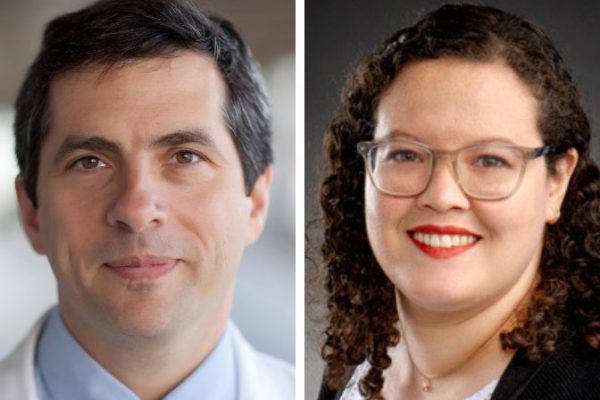
November 14, 2019
Findings could help identify which aggressive breast cancers will respond to immune treatments
University of North Carolina Lineberger Comprehensive Cancer Center researchers have discovered a promising method to identify aggressive breast cancer tumors that will respond to drugs that unleash the immune system against cancer. The U.S. Food and Drug Administration recently approved a treatment that combines an immunotherapy drug and chemotherapy for triple negative breast cancer, but …









